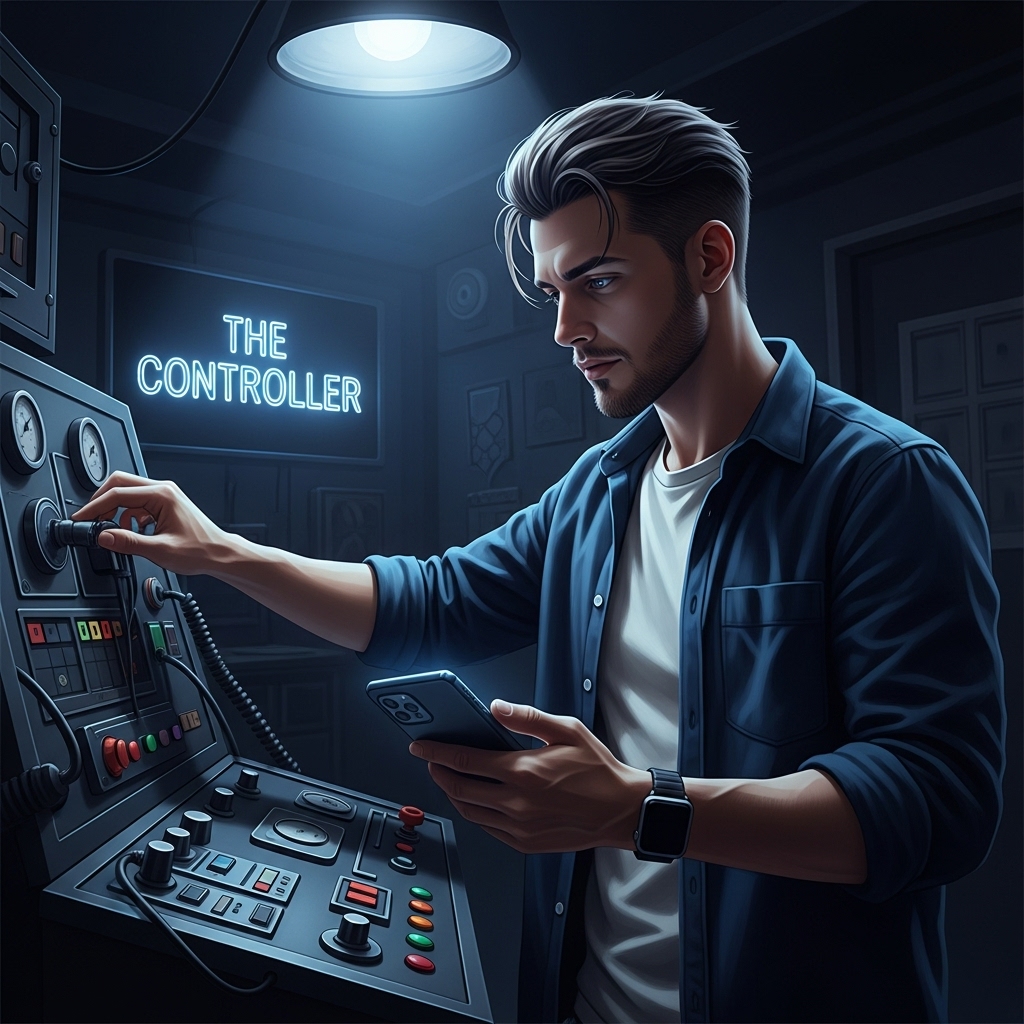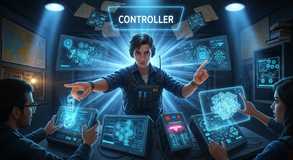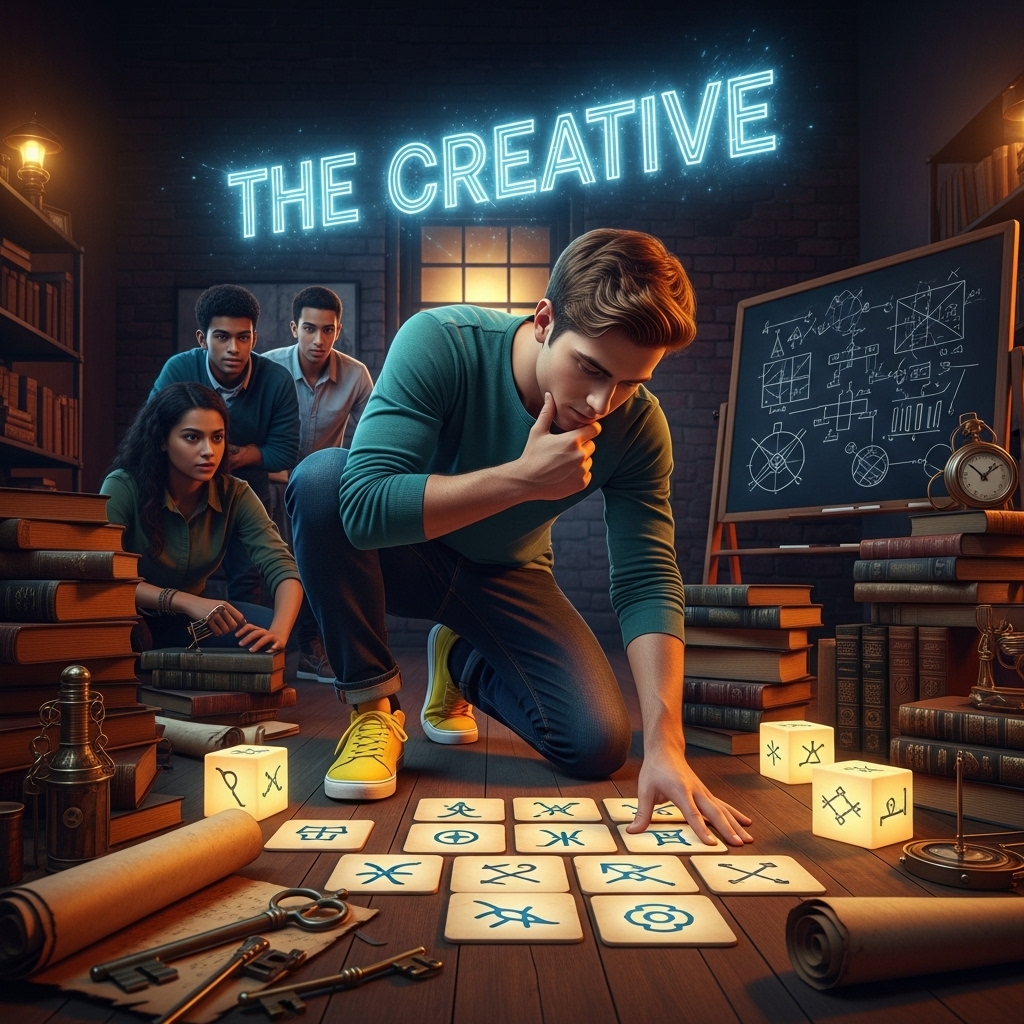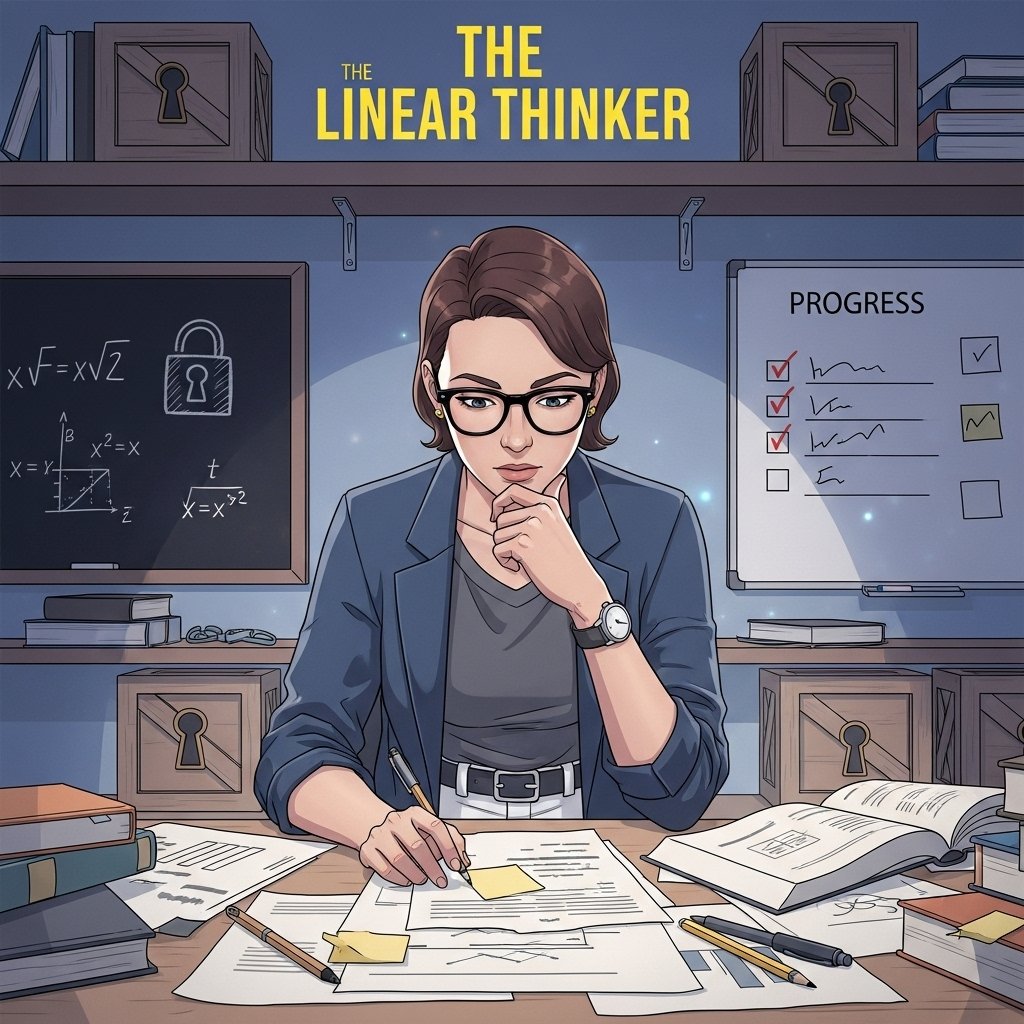Among the many personas that make up a successful escape room team, the Controller sometimes called the Gadget Master holds a unique and indispensable role 🛠 ️. Escape rooms are more than codes and riddles; they are filled with locks, switches, hidden mechanisms, and interactive contraptions that demand a hands-on problem-solver 🎚 ️. That’s where the Controller shines.
Controllers are the ones who eagerly pick up a lock, turn it over in their hands, and figure out how it works 🦁. They are unafraid to manipulate a strange mechanism or test how different inputs change the device. Where some players hesitate around gadgets, worried about breaking them or wasting time, the Controller thrives ❓. Their curiosity and confidence unlock the physical side of the game often the part that transforms a simple puzzle into a moment of magic 🪄.
Controllers are more than just “tinkerers.” They serve as the bridge between abstract ideas and tangible execution 🌉 . A team might brainstorm theories or uncover codes, but without someone to apply that information to a lock or mechanism, progress stalls 🔧.
Controllers matter because they bring:
- 🗣 ️ Technical fluency They understand how locks, switches, and gadgets function.
- ♾ ️ Patience and persistence They test carefully, reset when needed, and avoid forcing errors.
- 💪 Hands-on confidence They aren’t afraid to dive in where others hesitate.
In many escape rooms, the Controller transforms clues into visible progress, turning theory into results ➡ ️.
Yet the Controller’s strength can also become a challenge 🔙. Too much focus on a mechanism can waste precious minutes if the solution lies elsewhere. Controllers must balance their hands-on instinct with communication and teamwork ⚖ ️. A good Controller knows when to pass along what they’ve learned, when to step back, and when to invite teammates into the process.
The best Controllers are not solitary tinkerers but collaborators. They explain what they’re trying, keep others informed of their progress 📢, and listen when teammates suggest new angles. In doing so, they transform their individual curiosity into a team-wide advantage 🏆.
If you see yourself as a Controller, here are ways to thrive in the role:
- 🧘♂ ️ Stay calm and patient. Mechanical puzzles often take time panic leads to mistakes.
- 🛠 ️ Narrate your process. Share what you’ve tried so others can build on your work.
- 🤝 Invite collaboration. Let teammates test theories while you provide the technical touch.
- 🚇 Avoid tunnel vision. If a gadget isn’t yielding results, step back and re-engage later.
With this balance, Controllers become more than puzzle solvers they become orchestrators of discovery 🎻 🔍.
The legacy of the Controller is in the moments of awe they unlock for the team. When a mysterious device suddenly clicks open, when a hidden drawer springs free 😲, or when an elaborate mechanism whirs to life, it is often the Controller who made that magic possible. These are the moments players remember long after the game the tactile victories that feel like stepping into a story 🤩.
If you are a Controller, embrace your role 🤗. Your mechanical curiosity, patience, and steady hands are a gift to any escape room team. But remember: your true power comes not only from solving gadgets, but from sharing the journey with your teammates ⚡.
Because in escape rooms, the Controller doesn’t just unlock locks they unlock experiences 💫.













